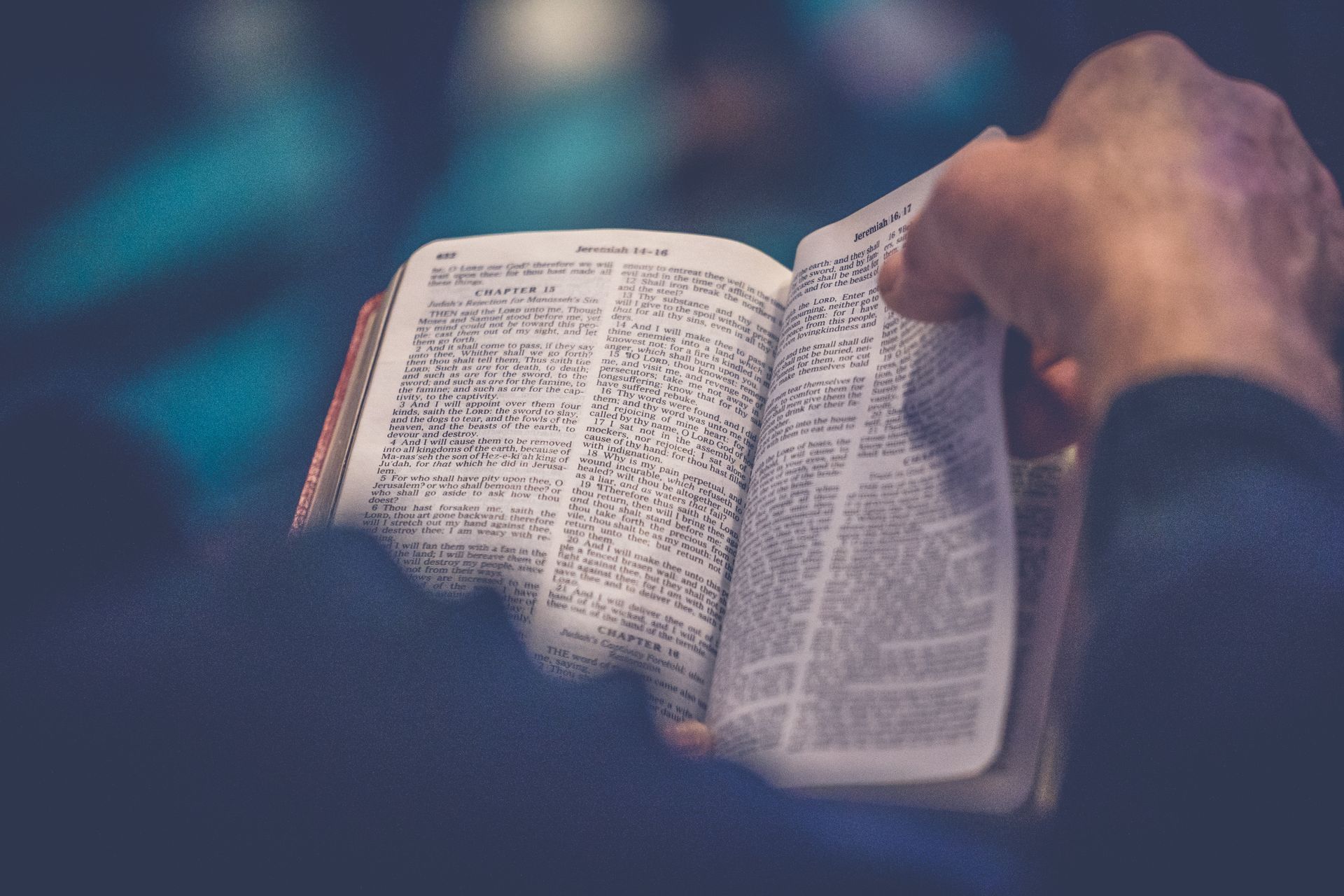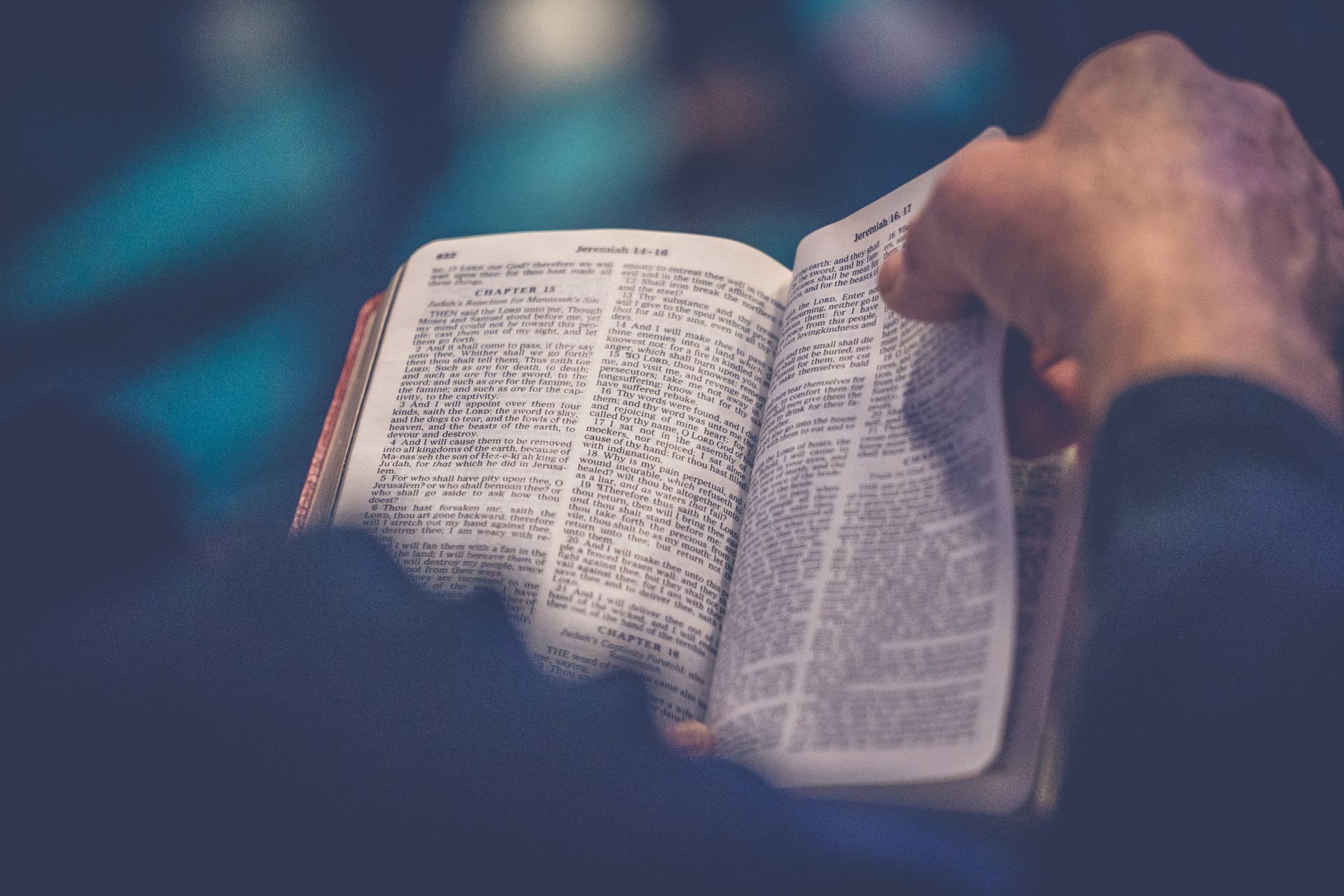Thursday - September 12, 2024
SCRIPTURE
Matthew 21-22
Then Peter came to Jesus and asked, “Lord, how many times shall I forgive my brother who sins against me? Up to seven times?” Jesus answered, “I tell you, not just seven times, but seventy-seven times!
WORDS OF HOPE
Driving home from church a few weeks ago, Spirit-promptings told me I had some work to do: to begin to forgive someone who had deeply wounded a dear friend and to whom I had hardened my heart. It was overdue.
The thing is I know so much about forgiveness—have offered retreats on it, facilitated groups on it, written devotions about it, and over and over have done my own deep spiritual work praying to God for aid and guidance to loosen its crippling grip on my mind and heart. In fact, just recently I had been moved to reach out to someone I hurt many years ago and, in a kind of 12 step-making amends practice, I confessed, without buffering the harm I had done, and in heart-felt contrition asked for forgiveness. This step was taken without any expectation of contact from them—or their granting my petition.
I have learned that particularly with deeply entrenched assaults or new blows that are still smarting, I need to start by praying for God to make my heart ready to forgive—because it is so difficult to step over the barrier of pride and self-righteousness to enter into the process. It’s as if our interior judge can think of the harm to ourselves or a good person we care for as a “justice issue” and that to relent, to let go of my feud with the offender, is a breach of justice. There’s some truth to that, but to continue to see the offender ONLY in terms of their harm—and not in terms of any other positive qualities—is a failure of vision, a failure of grace. And if, indeed, social justice is called for, we can pursue the appropriate avenues rather than hold court in our inner tribunals.
And what about the adage to forgive and forget? Forgive and remember is actually more accurate—so that we can learn from the wound. But we need to move beyond ruminating on the wrong obsessively, rekindling the hurt and the desire to strike back. Forgiveness does not excuse the wrong, nor does it always mean coming into relationship with the other person. That is reconciliation-- a restorative process of re-establishing trust and returning to relationship. That can be a long journey—and we may not choose to undertake that intensity of inner work, dialogue, and vulnerability with everyone.
One of the statements often repeated about “unforgiveness” is that it is like drinking poison and expecting the other person to die. Indeed, the impact of living with such resentment and grudges can be harmful physically, psychologically, and spiritually. So, this morning, I invite each of you to join me in taking steps to flush the toxins from our heart.
PRAYER
May God bless you as you take new steps to do Love’s toughest work—to forgive. And may you know the healing and freedom which comes from this process. Amen.
DEVOTION AUTHOR
Dr. Pat Saxon
Need More Inspiration? Read our Daily Devotions






